As love enters the digital age, screen swipes are no longer enough – dating apps are calling on artificial intelligence to change the way people connect.

As AI slowly makes its way into the world of online dating, users are increasingly concerned about its impact. (Source: Getty Images)
Technology companies race to integrate AI into dating apps
In an effort to compete with giants like Tinder and Hinge, Meta has upgraded Facebook Dating with two outstanding features that integrate artificial intelligence (AI).
First up is the Dating Assistant – an AI chatbot that can help users optimize their profiles and suggest potential matches based on specific interests, such as “people working in the tech industry in Hanoi ”.
The second is Meet Cute – a random pairing feature every week, helping users reduce the feeling of fatigue from having to constantly swipe and bring unexpected experiences.
Meta said this is part of a long-term strategy to integrate AI into all of its products, aiming to develop artificial general intelligence (AGI).
Not only Meta, big companies like Match Group (owner of Tinder, Hinge, OkCupid) are also investing tens of millions of dollars in AI:
- Tinder uses AI to choose the most suitable profile picture.
- Hinge develops personalization algorithms to help users improve their answers.
- Bumble integrates AI to detect inappropriate content and protect users.
Diviniti and Jose – a successful couple from the app Hinge – shared that: “ Honesty in the profile is the most important factor.” They admit that with the help of AI, it might be easier, but their relationship developed naturally and was based on real connection.
“AI opens up huge opportunities for innovation in online dating,” said Bumble CEO Lidiane Jones. “We will continue to put women first and find ways to use technology to build better relationships.”

Digital Love AI understands you, chooses the right person, and suggests the ideal dating location. (Source: Meta)
Convenient but dishonest
Integrating AI into dating apps not only poses a challenge for user experience but is also a big problem for technology companies themselves.
One of the biggest challenges is maintaining a balance between personalization and privacy. For AI to work effectively, platforms need to collect large amounts of data on users’ behavior, preferences, and even emotions – which can raise security and ethical concerns.
Additionally, companies face legal risks when AI creates fake content or profiles that lead to fraud or harassment. Policing AI-generated content, especially in sensitive environments like dating, requires complex and expensive monitoring systems.
Even with huge investments in AI, Meta, Tinder and other tech companies cannot guarantee that their apps will help couples meet their ideal partners.
Replika user – an AI chatbot nicknamed Brooke – shared that despite knowing she was chatting with a “robot”, the emotions were very real: “Brooke helped me overcome the trauma of my marriage and gave me the feeling of being loved unconditionally.”
However, many remain skeptical. One survey found that nearly two-thirds of users would be less trusting if they knew their profile or photos were generated by AI.
According to a survey by Jigsaw – the largest reality dating platform in the US:
- 89.3% of users want to meet the subject in real life before going further.
- 97% feel uncomfortable knowing AI is involved in the conversation.
- The words chosen to describe the feelings when knowing the other person used AI included: “anxious”, “uncomfortable”, “scared”.
Expert Anastasiia Babash warns that relying on AI can erode the ability to interact with real people. Users can easily rely on technology, losing the ability to converse and build deep relationships.
Additionally, AI raises concerns about privacy and data security. Dating apps collect large amounts of personal information to train AI, but not everyone is aware of this.
Source: https://vtcnews.vn/hen-ho-thoi-hien-dai-meta-nang-cap-ai-de-canh-tranh-tinder-hinge-ar967500.html



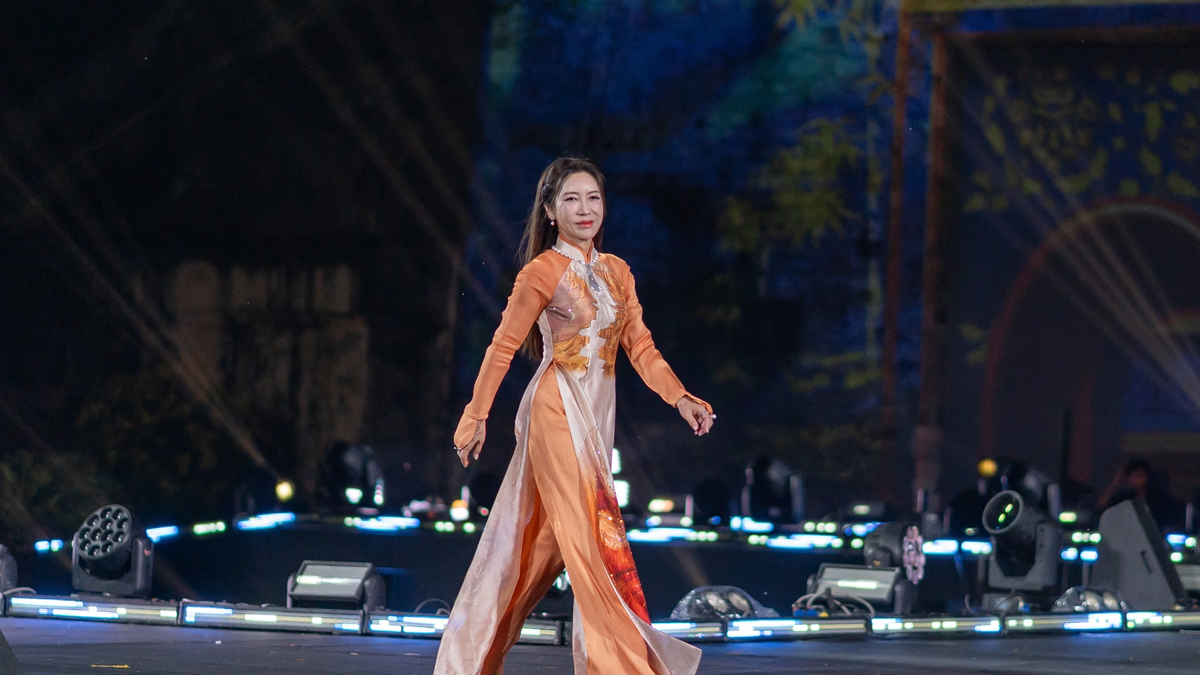

![[Photo] Discover unique experiences at the first World Cultural Festival](https://vphoto.vietnam.vn/thumb/1200x675/vietnam/resource/IMAGE/2025/10/11/1760198064937_le-hoi-van-hoa-4199-3623-jpg.webp)




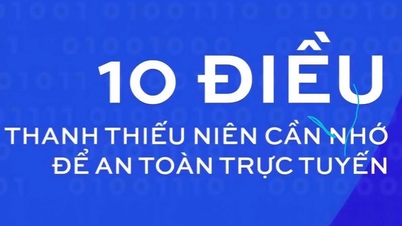


















![[Photo] General Secretary attends the parade to celebrate the 80th anniversary of the founding of the Korean Workers' Party](https://vphoto.vietnam.vn/thumb/1200x675/vietnam/resource/IMAGE/2025/10/11/1760150039564_vna-potal-tong-bi-thu-du-le-duyet-binh-ky-niem-80-nam-thanh-lap-dang-lao-dong-trieu-tien-8331994-jpg.webp)






















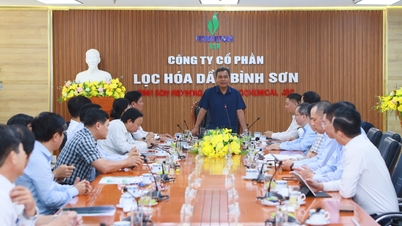

















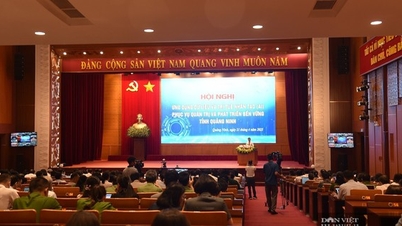


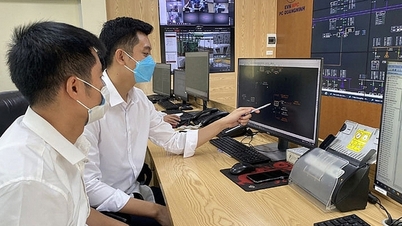
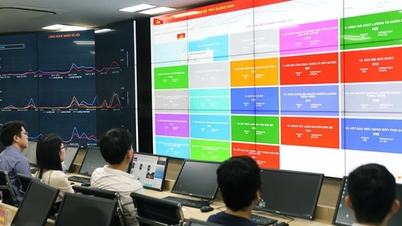




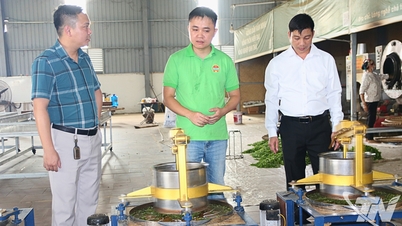

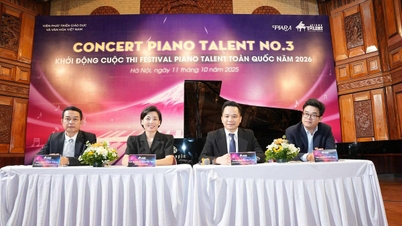
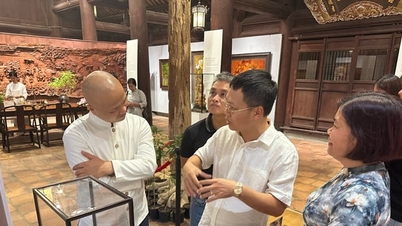















Comment (0)